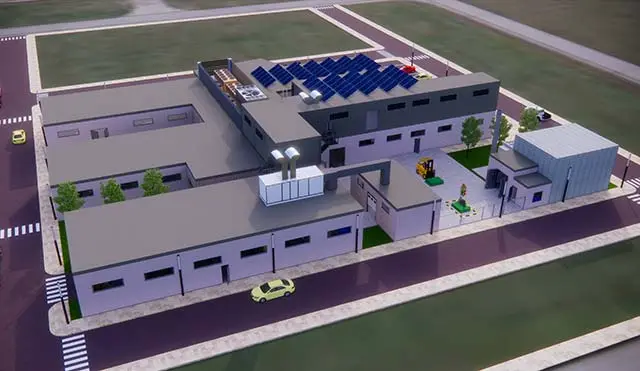A US$ 50M Toyota Electric Vehicle Battery Lab is reportedly planned for construction in Michigan. This was revealed by Toyota Motor Corporation, a Japanese multinational automotive manufacturer through Toyota Motor North America (TMNA). The facility will be built at the company’s North American R&D headquarters in York Township.
Upon completion, it would test batteries for hybrid and electric vehicles built at a new factory in North Carolina. Additionally, it would test batteries from other battery suppliers. Toyota plans on reassigning employees from other departments and offering training if necessary. Thus, the creation of new jobs is not expected.
Also Read: Construction breaks ground on The Farmstead Community, Michigan
According to the company, 2025 is the due date for opening. Room for expansion is on the table as more electric vehicles are produced. The lab will assess charging capabilities, performance, quality, and durability.
“This new facility also enables us to experiment and pursue new opportunities as technology and business needs advance,” said Jordan Choby, group vice president of Powertrain, in a statement.
Toyota investing in other projects than the Electric Vehicle Battery Lab in Michigan
Toyota announced last month that it plans to add an additional $2.1 billion to the battery factory that is under construction close to Greensboro, North Carolina. To reach the company’s target of selling 1.8 million electric or hybrid vehicles in the U.S. by 2030, it increases the total investment in the Randolph County factory to $5.9 billion.
In 2021, Toyota began construction on the facility. To start with, it will provide batteries to Toyota’s sizable Georgetown, Kentucky, manufacturing facility. The facility will construct a new SUV with three rows of seating, Toyota’s first American-made electric car.
Koji Sato, the newly appointed president of Toyota, pledged what he called an aggressive shift toward the “electrification” of cars, including hybrids. Environmental organizations have criticized the corporation for lagging behind in the sales of electric vehicles and relying on hybrids, which use gasoline, for future sales.

Leave a Reply